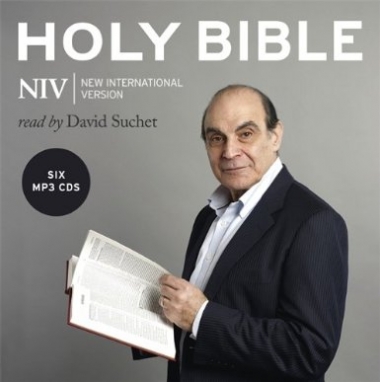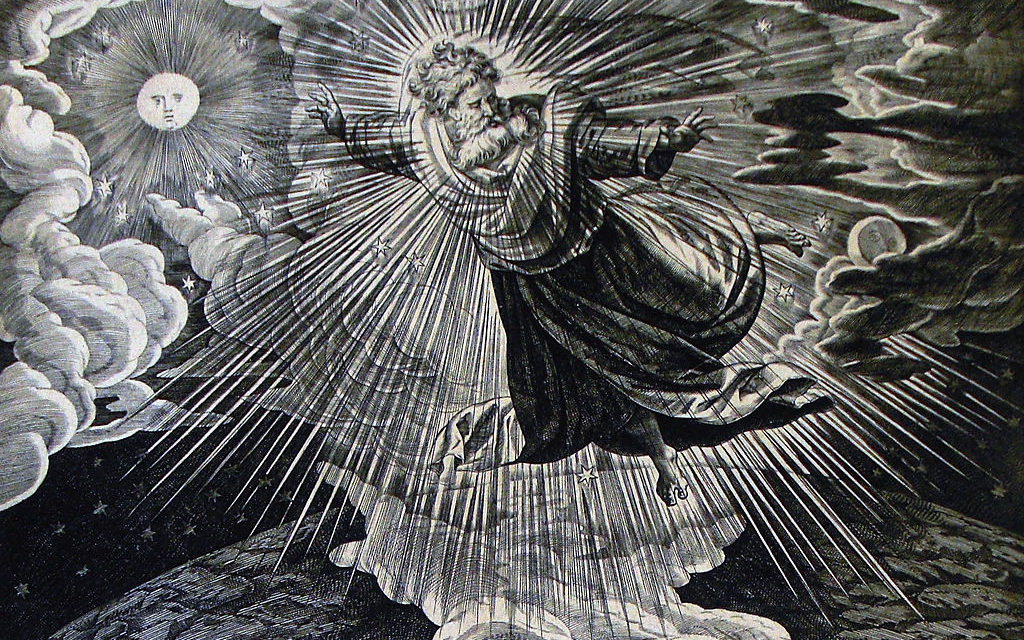I found a great recording of the Bible read by David Suchet. He’s the actor who plays Agatha Christie’s Poirot. His voice and reading of the New International Version (NIV) of the Bible is my favorite. I’ve been trying to find an audible version of the scriptures that conveys the story without the narrator being overly dramatic (which drives me crazy) or just being a bore. I listened to all the trials on my Audible.com account and found this one. I bought it and couldn’t be happier with my choice. A long time ago, I heard Arthur Henry King read the parable of the prodigal son. It was captivating. His British accented voice was smooth and the story rolled off his tongue like a good storyteller. David Suchet reads in a similar way. If you’re looking to enhance your scripture study this is a must have. You can actually listen to it for free by streaming it at Bible Gateway. You can choose the book and chapter. Audible’s version also has the entire Bible (you can find it here) but it unfortunately does not list books and chapters, so you can’t pull up exactly a certain part of the Bible. But in a way, that’s ok, because I believe you should hear the Bible as the stories are written — in context. I bought the entire Holy Bible and downloaded it to my iphone so I can listen with the Audible app. 
CT: Do you think there’s something significant or valuable in listening to the Bible rather than, or as well as, reading it? DS: When the Bible was originally written, going way back before it was all put together, it was written to be heard, because no one could read! It was meant to be heard, and when I was reading aloud for the recording, the words “Hear the word of the Lord” kept jumping out at me. So now, whenever I read the Bible, I read it out loud, even at home. It was such a surreal experience during recording, because as I was recording I had my headphones on and so was listening to myself speak at the same time. The Bible makes the most wonderful collection of literature; it’s got stories, poetry, songs, drama, fortune telling and prophesy – it really is an extraordinary collection of works. When you’re holding the Bible, you’re holding a library. (ref) CT: You’ve recorded the Gospel of St John before. In what way did this feel different? DS: It felt very different, because I wasn’t just lifting one book from the whole; I was reading it all together. The Gospels are interesting, because they aren’t trying to prove anything – well, actually John is, he says he’s writing so that people will come to know Jesus. But they were just men who were getting old, and were putting down what they remembered, which is why there are different versions of the same stories. We remember things differently! I think that proves they are true, rather than not. And actually, reading John in context was really helpful for me. (entire interview here)


